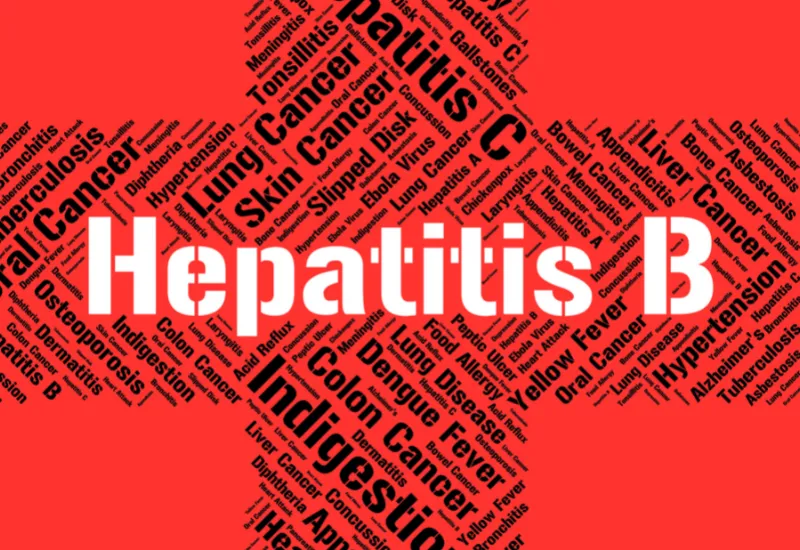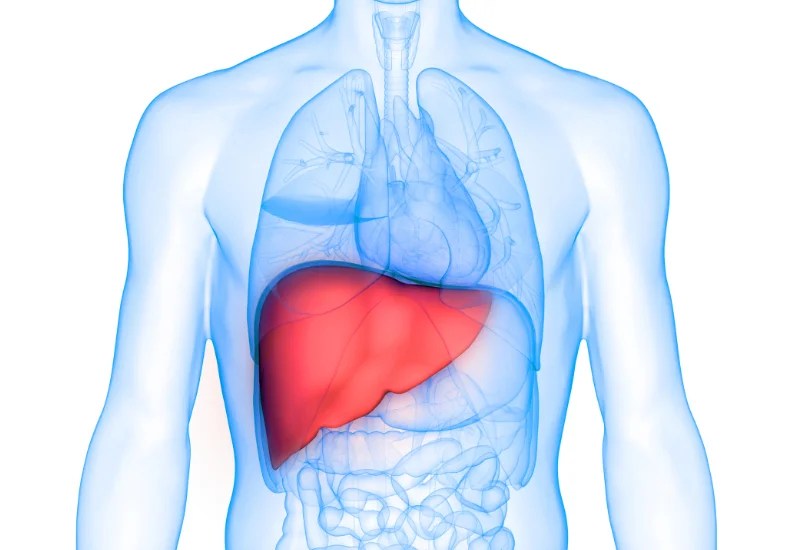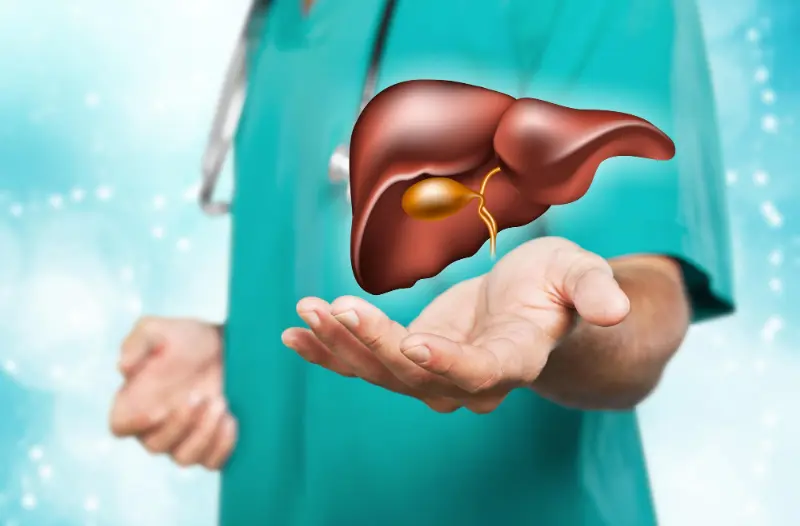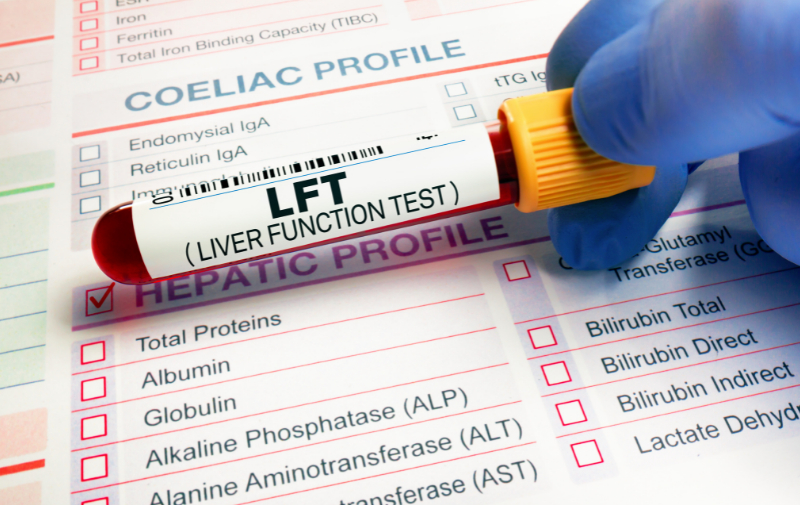Quick Links
For Patients
For Physicians
- Refer a patient to a specialist
- Order labs for patients
- Order radiology for patients
- Order At-Home Services
- Get your practice listed
For Companies

© Copyright 2024 American TelePhysicians. All rights reserved.








The hepatitis D virus (HDV) causes a liver infection called hepatitis D. It is also known as "delta hepatitis" (HDV). Hepatitis D can only be contracted by people who are simultaneously infected with the hepatitis B virus. Hepatitis D is transmitted when virus-infected blood or other bodily fluids enter the body of an uninfected person. Hepatitis D can be a short-term, acute, or chronic, long-term infection. Hepatitis D can cause severe symptoms as well as liver damage that can last a lifetime and even death. People can get both the hepatitis B and the hepatitis D viruses at the same time, or they can contract hepatitis D after getting the hepatitis B virus. Hepatitis D is not preventable by vaccination. In contrast, hepatitis B immunization protects against future hepatitis D infection.